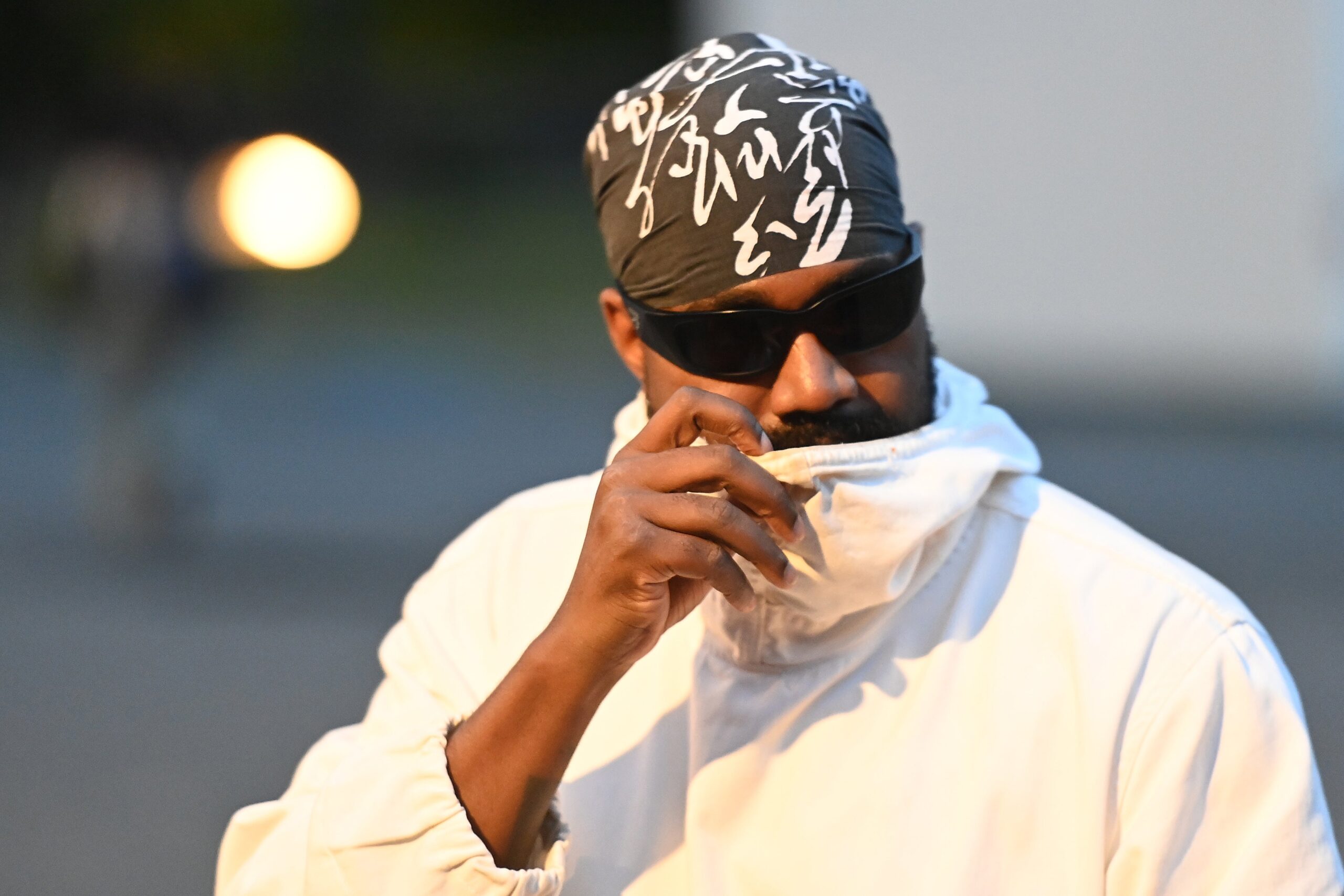It’s not a truly wild day on the internet if Ye, the artist formerly known as Kanye West, isn’t going viral for something. And that’s exactly the case once again thanks (or no thanks depending on how you feel) to a newly released podcast interview between the aforementioned artist and far-right political pundit Candace Owens.
Suggested Reading
While the interview took place back in 2022 — during a time when West was going off randomly on social media every now and then and otherwise fading back into silence — it seems the two managed to find some time to sit down with each other to discuss everything from Jay-Z and Beyonce, Planned Parenthood and, most notably, his tirade of antisemitic tweets from that time period.
As previously reported by The Root in October 2022, West nearly destroyed his career and reputation with a series of anti-semitic rants on social media. He played up offensive stereotypes about Jewish people and said he planned to go “death con 3 on JEWISH PEOPLE. This in turn resulted in the dissolution of his partnerships with Adidas and GAP among other backlash.
The “Power” rapper would later come back around and apologize for it, writing in a since-deleted Instagram post:
“I sincerely apologize to the Jewish community for any unintended outburst caused by my words or actions. It was not my intention to hurt or demean, and I deeply regret any pain I may have caused. I am committed to starting with myself and learning from this experience to ensure greater sensitivity and understanding in the future. Your forgiveness is important to me, and I am committed to making amends and promoting unity.”
Now however, in the newly-released interview footage with Owens, we now know what fueled his rants in the first place: alcohol.
“I definitely was drinking when I put up the death con tweet,” he explained to Owens. “You know whose, I wanna say alcohol I had inside me? Hennessy. Hennessy. It turns us gray. Literally, the demons [come in].”
When asked why he didn’t come out and explain that he was drunk-tweeting (?) earlier, West shared that he didn’t want that to “discredit” or overshadow the message in what he was really saying.
Straight From 
Sign up for our free daily newsletter.



